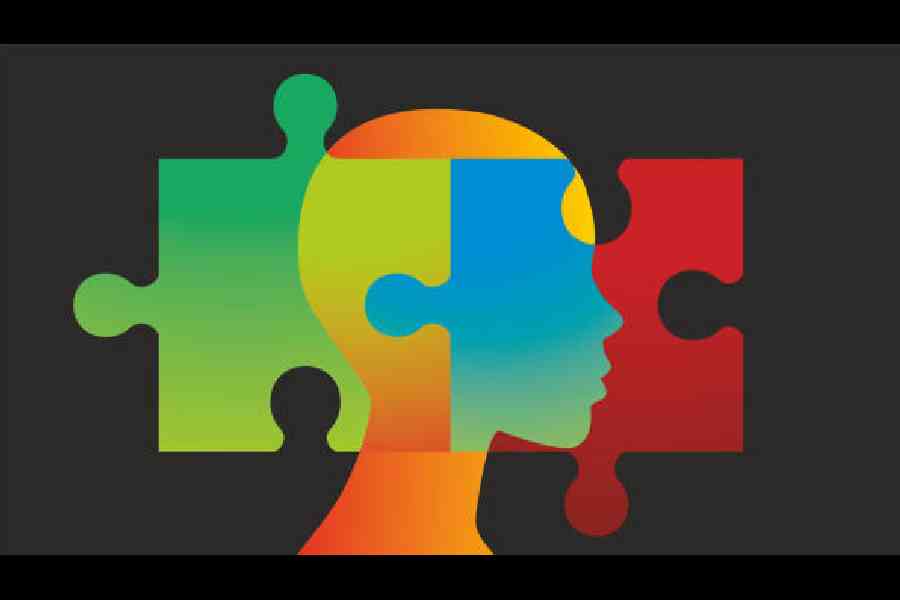One person felt a sensation of “slowly floating into the air” as images flashed around. Another recalled “the most profound sense of love and peace”, unlike anything experienced before. Consciousness became a “foreign entity” to another whose “whole sense of reality disappeared”.
These were some of the firsthand accounts shared in a small survey of people who belonged to an unusual cohort: they had all undergone a near-death experience and tried psychedelic drugs. The participants described their near-death and psychedelic experiences as being distinct, yet they also reported significant overlap.
“For the first time, we have a quantitative study with personal testimony from people who have had both of these experiences,” said Charlotte Martial, a neuroscientist at the University of Liège in Belgium and an author of the findings, which were published in the journal Neuroscience of Consciousness. “Now we can say for sure that psychedelics can be a kind of window through which people can enter a rich, subjective state resembling a near-death experience.”
“In recent times, the science of consciousness has become interested in non-ordinary states,” said Christopher Timmermann, a research fellow at the Centre for Psychedelic Research at Imperial College London, UK, and an author of the article. “To get a comprehensive account of what it means to be human requires incorporating these experiences.”
It is difficult to study near-death experiences in a lab, since they typically involve heart attacks or other life-threatening conditions. One way of getting around this issue is to find proxy circumstances that induce a similar state but do not put the safety of participants at risk. A handful of studies have compared near-death experiences to deep meditation, fainting and mind-altering drugs, but they have done so by analysing reports of those experiences.
For the new study, Martial, Timmermann and Robin Carhart-Harris, a psychopharmacologist at the University of California, San Francisco, US, recruited 31 people who reported having had near-death and psychedelic drug experiences. The participants were mostly men from the US and Britain whose near-death experiences stemmed from traumatic events, like car crashes. Some had tried mind-altering drugs just a few times; others had more than 100 times. Most had used LSD or psilocybin mushrooms.
The researchers asked participants to fill out questionnaires to assess things like ego dissolution, psychological insight and memory potency. They also answered open-ended questions.The results revealed significant overlap between the experiences. Many participants reported feeling as if they had left the earthly world, an altered time perception and a sense of peacefulness and ineffability.
“It is significant that the researchers’ findings replicate many of the findings from prior comparative studies, including enduring effects regarding the personal, psychological and spiritual meaningfulness of these experiences,” said Anthony Bossis, a clinical assistant professor of psychiatry at New York University, US, who was not involved in the study.
Dinesh Pal of the University of Michigan, US, said the findings suggested that psychedelics “can be a powerful tool to study near-death experiences”. He was not involved in the research.
Sandeep Nayak, an assistant professor at Johns Hopkins University, US, who was not involved in the research, added that the study was not clear on contrast. It could be that these states “are all deeply similar in a fundamental way”, he said. But it could be “that our measures are too crude to differentiate them”.
Timmermann acknowledged that the new study was only “an entry point”. Future studies could explore the possible brain mechanisms that underlie all mystical experiences, he said, and also investigate the way these phenomena can vary between people and cultures.
NYTNS










